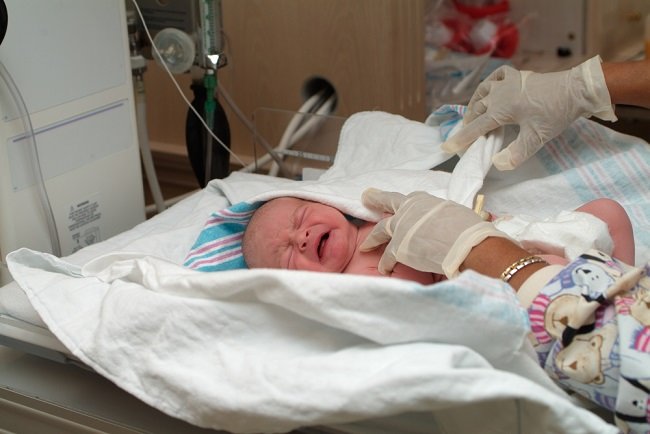Btight pregnant women generally will increase by 11–16 kg of initial body weight. However, there are also some pregnant women whose weight is too low. Be careful, the danger of a pregnant woman's weight being too low is not only for the health of the pregnant woman herself, but also for the fetus.
Weight gain during pregnancy is very influential for the growth and development of the baby in the womb. In addition, weight gain during pregnancy is a pregnant woman's body's way of storing energy that will be needed when breastfeeding later.

Therefore, if the pregnant woman's weight is too low, namely with a body mass index (BMI) below 18.5, the pregnant woman needs to gain weight by 13-18 kg. If not, this condition can pose various risks to pregnancy.
The risk of pregnant women's weight being too low
Pregnant women's weight is too low can be caused by several things, such as: morning sickness, excessive exercise, eating disorders, or health problems, such as hyperthyroidism.
If it occurs in the first trimester, being underweight can cause pregnant women to experience fatigue. However, this condition is not so worrying for the baby in the womb, because in the first trimester, the nutritional needs of the fetus are still limited.
However, if the pregnant woman's weight is too low, it lasts until the second and third trimesters, this can interfere with the development and health of the fetus, and even increase the risk of pregnancy complications, such as anemia, miscarriage, low birth weight, and premature birth.
How to Gain Weight When Pregnant
If pregnant women are underweight, don't worry, because there are several ways to gain weight during pregnancy, including:
- Consumption of foods with balanced nutrition, namely foods rich in fiber, protein, healthy fats, calcium, vitamins, and minerals.
- Eat in small portions but with a more frequent frequency, for example 6 times a day.
- Avoid skipping meals.
- Avoid skipping breakfast.
- Eat snacks that are nutrient-dense and high in calories, such as nuts, or whole-wheat crackers with cheese.
- Consumption of high-calorie drinks, such as smoothies or juice mixed with milk full cream.
- Cook foods with added fat, for example using oil or butter.
- Take prenatal supplements recommended by your doctor, such as folic acid, calcium, and iron supplements.
That's the various risks of pregnant women's weight being too low and how to overcome them. If pregnant women have tried the tips above but their weight does not increase, pregnant women should consult a doctor for examination and treatment, so that pregnant women are always healthy.









